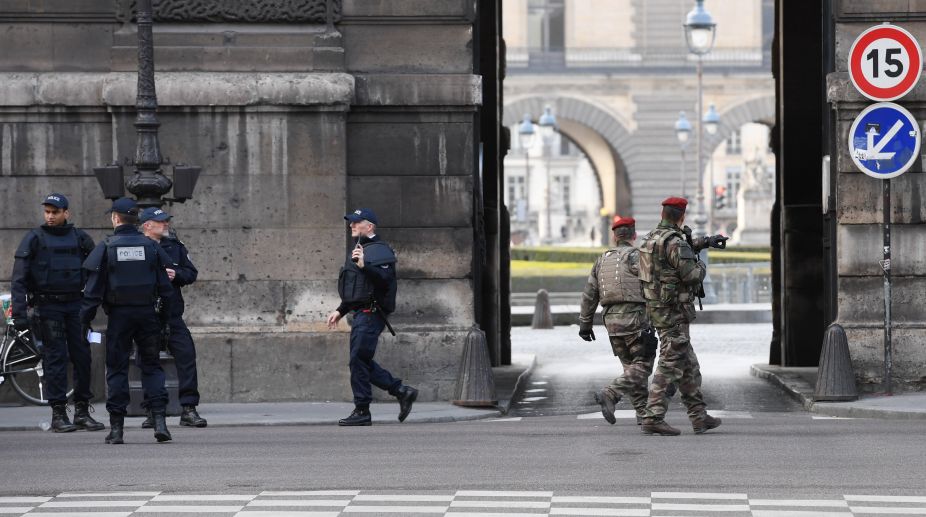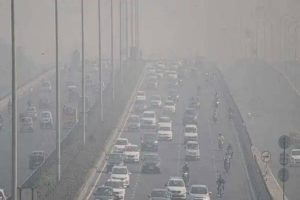French investigators believe the man who launched a machete attack outside the Louvre in Paris, before being shot and wounded by a soldier, is a 29-year-old Egyptian who entered the country on a tourist visa.
The incident has thrust security and the terror threat back into the limelight three months before elections in France, with authorities saying it was a "terrorist" assault.
The attacker, in a black t-shirt bearing a skull design and armed with two 40-centimetre (16-inch) machetes, lunged at four patrolling French soldiers while shouting "Allahu Akbar" ("God is greatest"), Paris prosecutor Francois Molins told a press conference.
One of the troops was struck on the head and another fell to the ground outside the famous Paris museum after the assailant attacked. The second soldier managed to open fire and hit the machete-wielder in the stomach.
"The attacker fell to the ground, seriously wounded. He has been taken to hospital and is fighting for his life," the prosecutor said.
A source later said that the suspect's condition had stabilised. Security forces said one soldier had suffered a minor head wound.
Police held hundreds of tourists in secure areas of the world famous attraction after the assailant was shot five times around 10:00 am (local time) in a public area near one of the museum's entrances.
The attacker who is thought to live in the United Arab Emirates, is believed to have entered France legally on a flight from Dubai on January 26, a source said.
An Egyptian passport, thought to be the suspect's, was found during a search of an apartment in an expensive district of Paris near the Champs-Elysees.
Investigators are examining the account of an Egyptian man named Abdallah El Hamahmy after around a dozen messages were posted in Arabic between 9:27 am and 9:34 am, just minutes prior to the attack.
"In the name of Allah… for our brothers in Syria and fighters across the world," El Hamahmy wrote, before making reference to the Islamic State group in another tweet a minute later.
The UAE government condemned the "hateful crime" and assured France of its "full solidarity".
As French authorities probed the attacker's background, President Francois Hollande said that "there is little doubt as to the terrorist nature of this act," an assessment echoed by Prime Minister Bernard Cazeneuve.
France was already reeling from a string of terror attacks over the last two years and the country has been under a state of emergency since November 2015.












